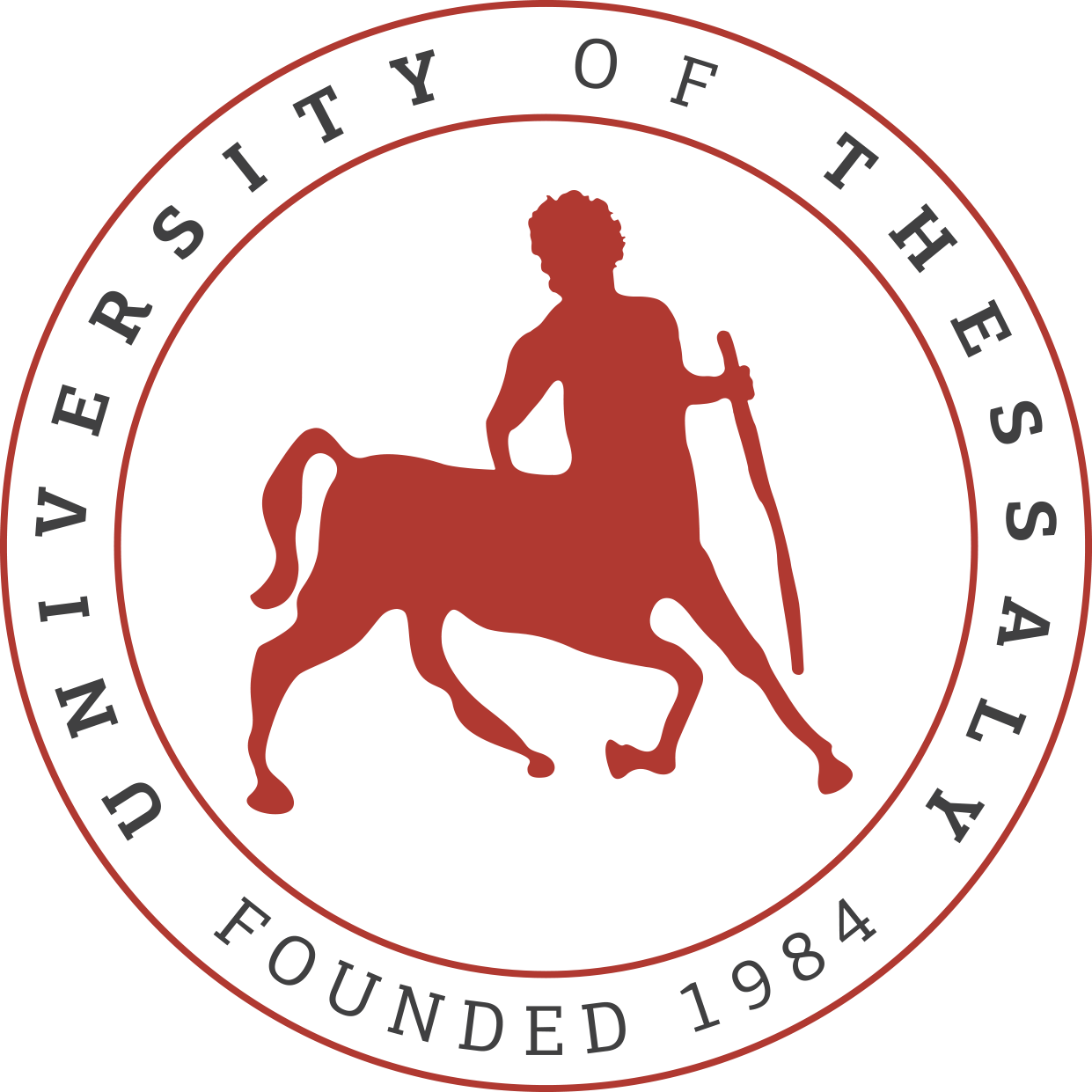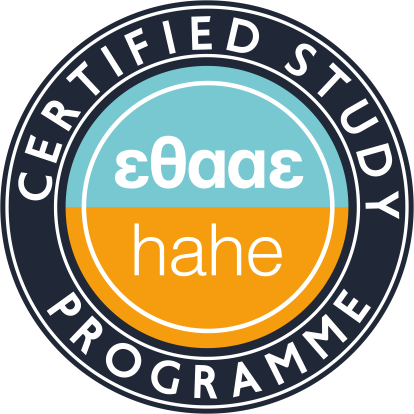Narration in Preschool Education: Teaching Applications
Course Code (in greek): ΓΛ0207
ECTS Units: 5
Semester: 5
Professor: Tsilimeni Tasoula
Course description
Narration is found at the epicenter of many scientific fields, lying in the core of the longevity of speech in modern times. In the new light of human life, its role and importance are examined mainly as a means of entertainment and initiation in global and multicultural issues. The evolution of narration and its transition from the age of orality to the present is outlined, the types of narrators are presented, as well as the forms of narration with their special characteristics, through rich videotaped material of authentic narrations. The reasons and the necessity of connecting narration with education are examined. Finally, students practice narrative techniques in the form of workshops and apply the art of narration in practice. They also plan activities to connect narration with other scientific fields through various narrative texts. Particular emphasis is placed on activities to utilize and apply narration for the cultivation of literacy in the academic environment. During the course, when possible, a narrator will be hosted who will narrate and discusses with the students, in order to provide them the opportunity to engage directly with this form of art.
Learning Outcomes
Approaching narration as an art, as an educational method and a learning tool for its use in the field of education; introduction to the narrative genres, the types of narration and the initiation of students in narrative techniques; the interdisciplinary use of narrative.
Connection with Internship: The course is related to students’ Internship, and therefore part of the course is dedicated to their training in the art of narrative. The implementation of micro-teaching by the students will be decided by the staff member. The course includes a mandatory project/planning of activities (narration or application of a didactic method on a literary text).
NOTE: Students often and optionally participate in the Olympus storytelling festival organized by the university
Assessment
The assessment of the course includes written examinations at the end of the semester. The planning/conduction/submission of a “project” by the students, the format of which will be determined by the staff member, constitutes a prerequisite for the participation in the final exams. The final mark derives from the implementation of didactic applications by students, either in the form of microteaching or in the form of an essay, in combination with their participation in the final exams.


